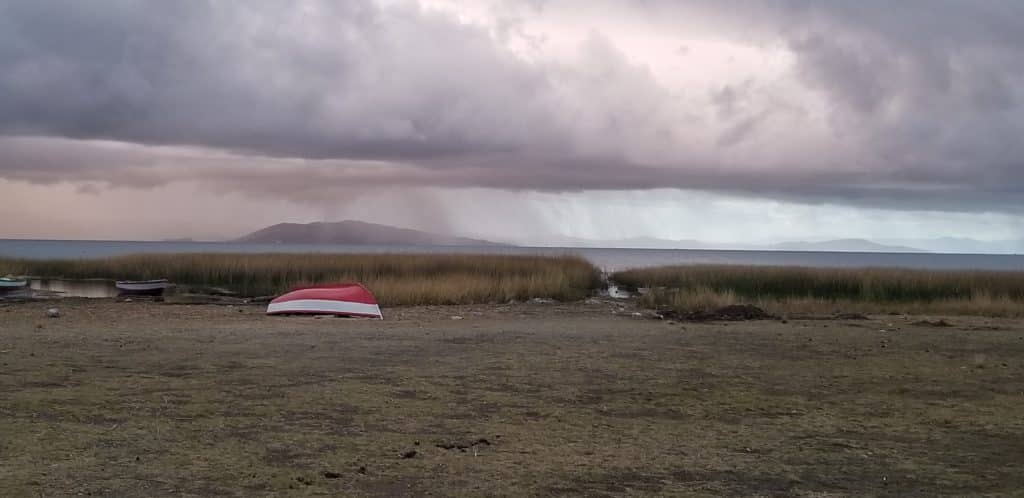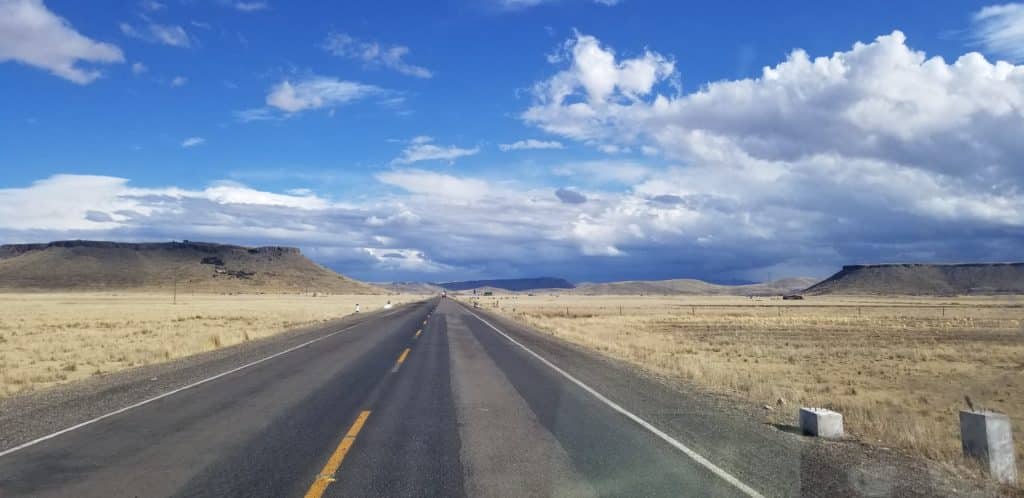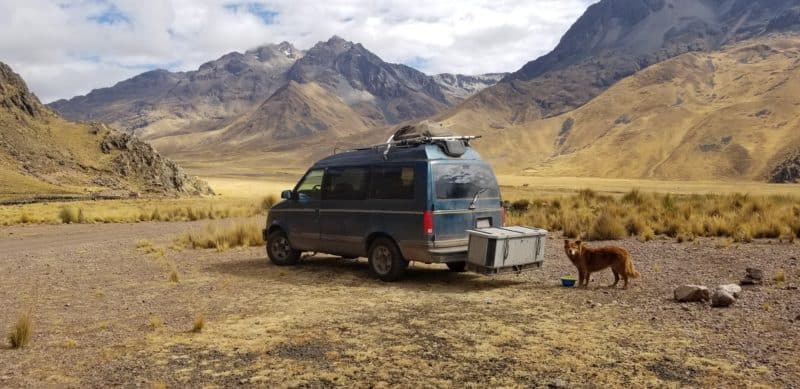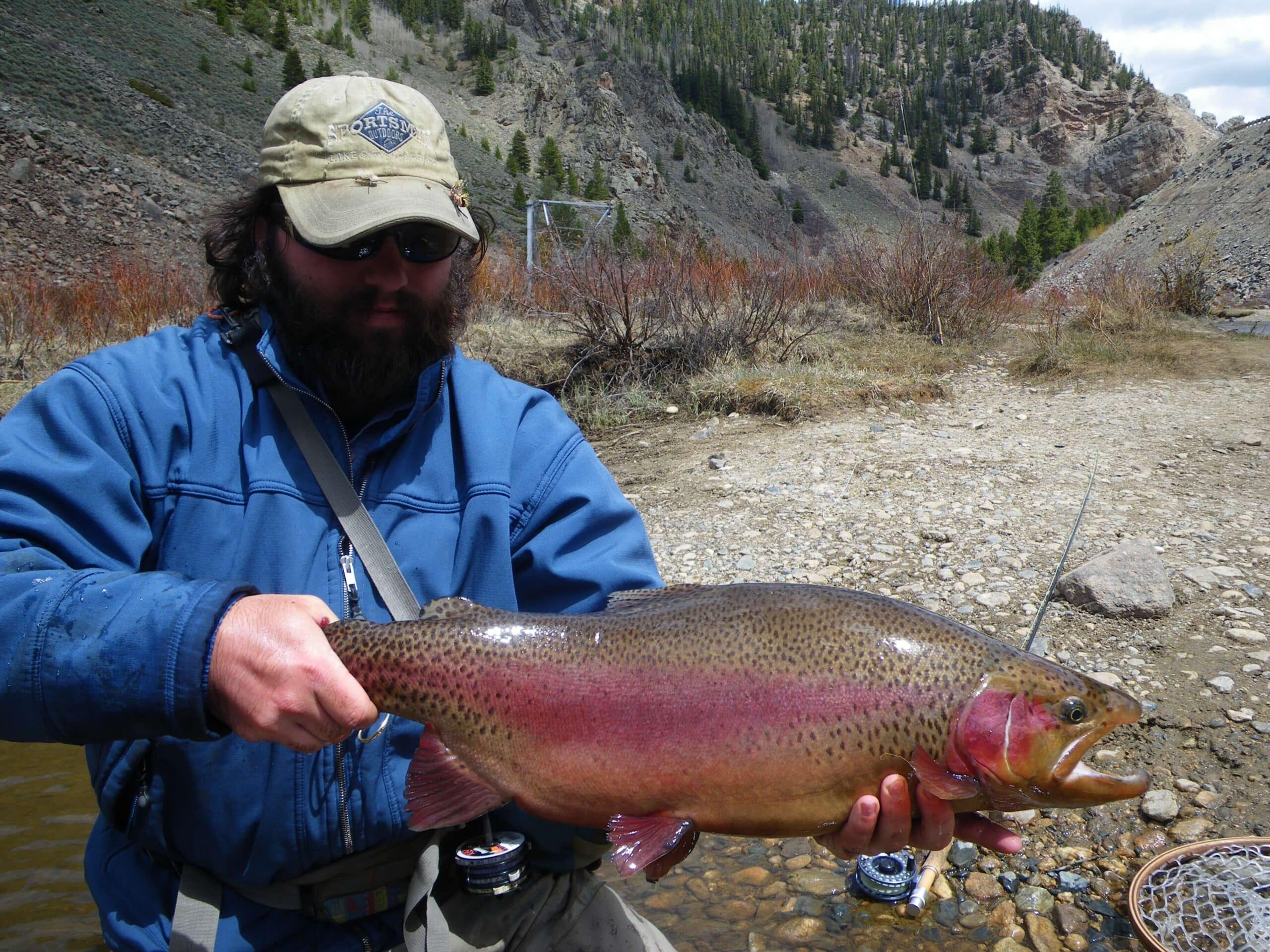Cusco. I spent more time in this tourist filled city than desired, sputtering between mechanic shops and chasing wires for short circuits in a whirlwind of frustration. I even swapped the fuel pump, again, hoping it would fix the problem. I found chicken wings, spoke English with strangers and didn’t feel nostalgic for anything except the quiet roads where I was myself a stranger in places not designed to accommodate tourism. I’d spent several weeks driving mountain passes on single lane roads and hiking freely in spaces where native women spoke Quechua and monitored their herds of sheep and alpaca through steep slopes and difficult climates. On the riverbanks, they worked hides and processed the raw materials to work into crafts that ultimately make the tourist markets.

I left Cusco, problems unresolved, driving until the car died and playing with wires to the fuel injection until it started again. I might go 30 kilometers or 100, never knowing when I’d die and roll into the next roadside stop. It became a routine and the more it happened the less anxious I became because I simply knew it would continue until I found a good electrical mechanic. I was happy however to pull out of Cusco and see the road turn from traffic back to rural mountainous country. I chased a small creek along the highway and a made a few successful casts to very small trout, eventually driving up a fork off the same stream to camp in a perfect valley, surrounded by high peaks. Shale and I walked livestock trails up the mountains, discovering empty corrals and campsites clearly used as seasonal stops by local herders. We spotted a fox here and took our time walking around the empty landscape for an evening and the following morning. After leaving this point, it was only a few hours to Lake Titicaca. I was excited at the opportunity to trout fish in a big body of water but the lake had other plans for me. The first lakeside city was much busier than expected and I drove through until the insane traffic dropped off. I turned onto a peninsula near the floating islands area and drove until a lakefront piece of land with camping potential appeared. It was clearly private so we only stayed the night, opting to not inflate the raft and push the limits of our trespass camp. The peninsula was beautiful however, with rural homes, sheep and quaint little single room schoolhouses. I picked up a local hitchhiker and we discussed life here while enjoying a few laughs as the local drunk did a dance for the kids outside of a school.

Without any chances to fish or a real desire to fish the lake here, I camped another night, enjoyed the scenery and left out on a lonely highway through southern Peru.

